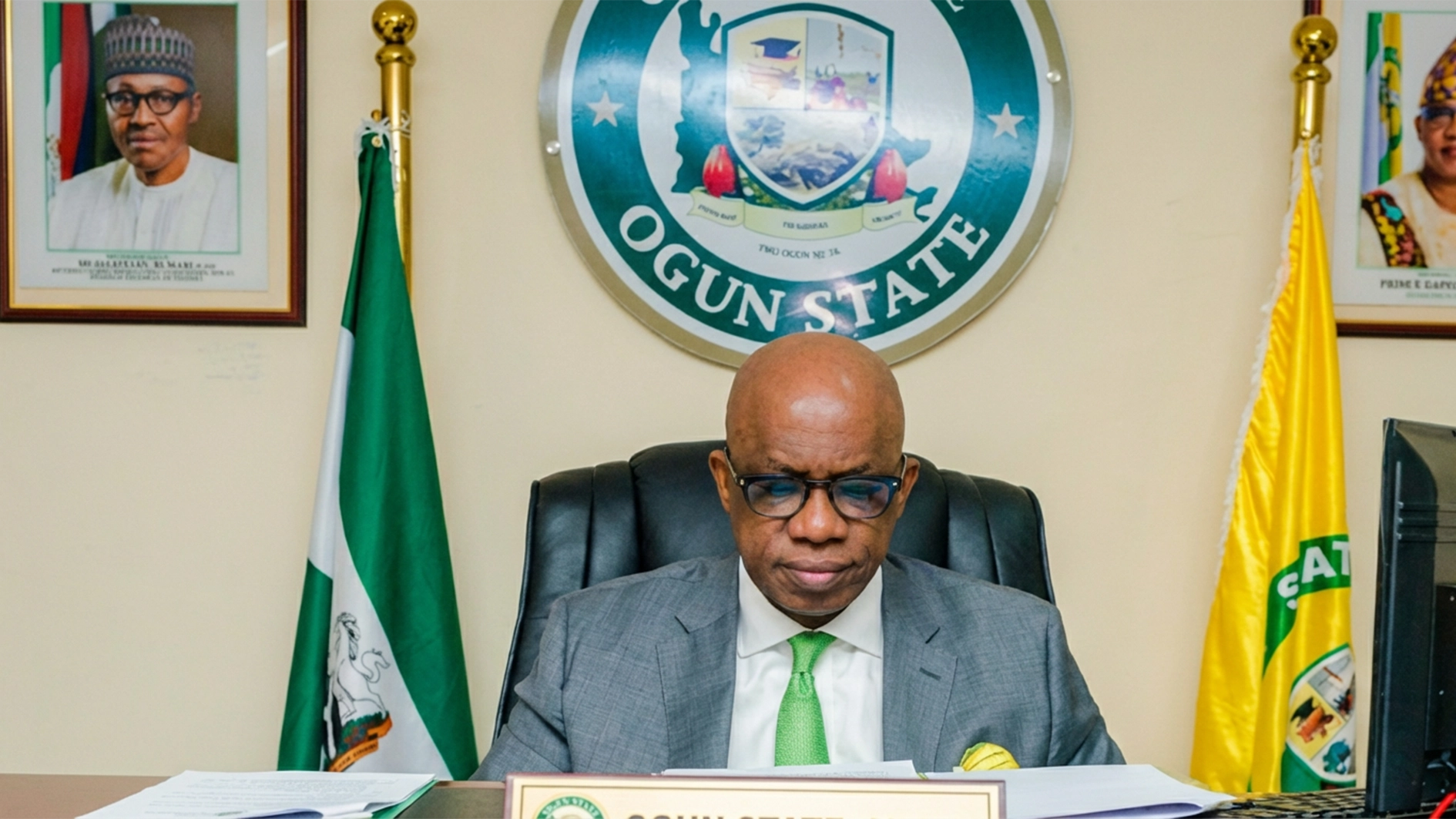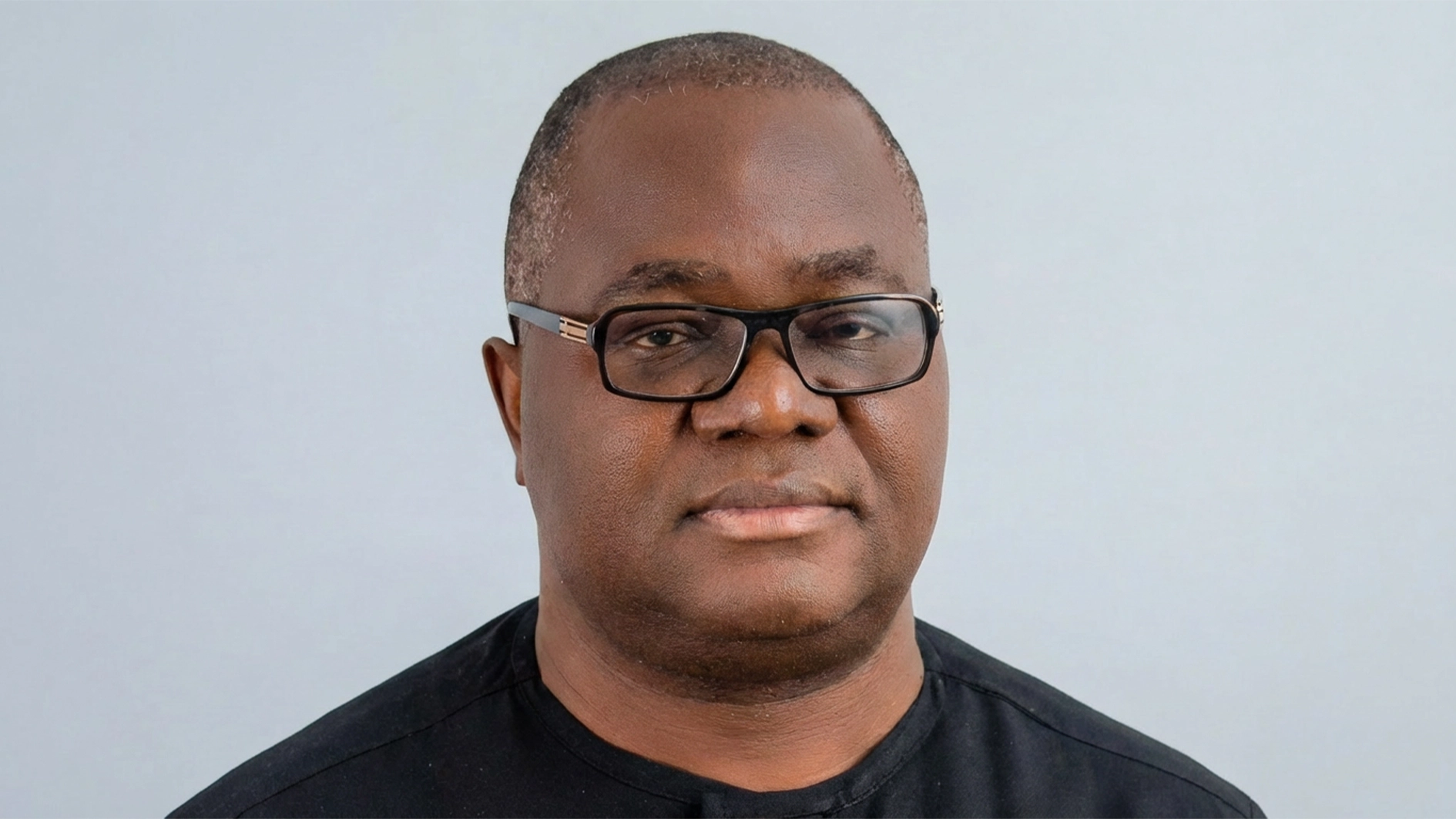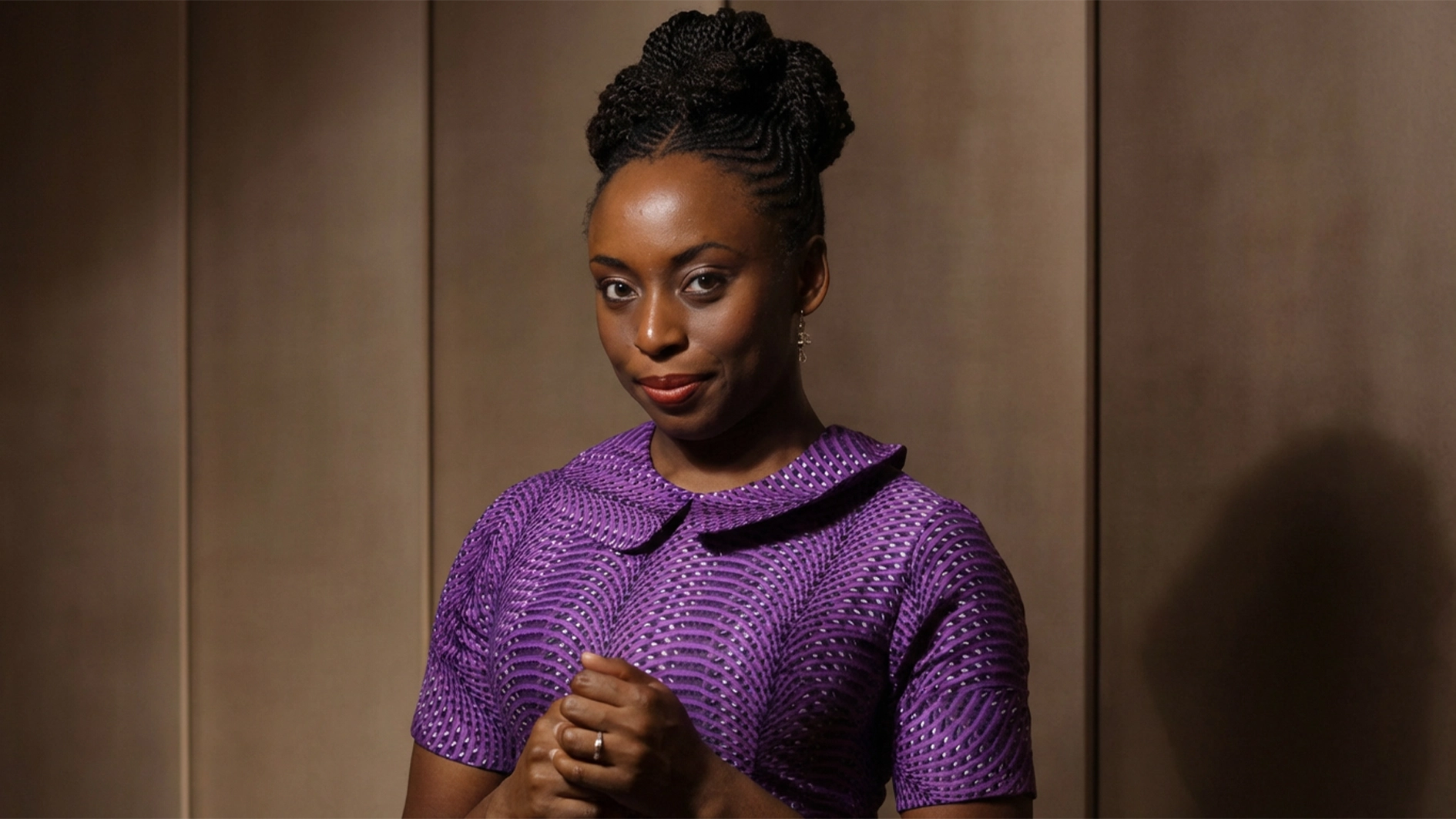
I write about four octogenarians at the Rutam House, home of The Guardian Newspaper. I was introduced into their acquaintance at the Editorial Board of the newspaper which claimed flagship of the Nigerian print media.
Rightly so, I think. In its 40 years of existence, it has introduced intellectual rigour and aesthetics into Nigerian journalism. Also, it has provided a window of opportunity to many to master the pen and words that the former tosses.
Oh, back to the octogenarians. It is more than a decade ago, I met them. Before then, I had known them by reputation being public personages. In their private and public musings, they are philosopher-kings. You wonder why the country never had them as custodians and reformers of the Lugardian estate. Maybe, maybe, the story would have been different.
These octogenarians, to name them, are Dr. Dele Cole, Prof. Bolaji Akinyemi, Prof. Adebowale Omole, and General Chris Alli.
Now to the qualifiers. The first, born in 1940, is a brilliant Cambridge-taught historian, doctored in the act of reckoning with the past, present, and the future with the insights of the past and present. The colonial minders who could look into the future, saw in him an asset for the independent Nigerian state, and seconded him to the cabinet office in Lagos from where he had given directions to events in the country in ways unquantifiable.
In the vagaries of public life, Dr Cole had sought to be president of the country under the Social Democratic Party in the aborted third republic, and nevertheless had been Nigeria’s ambassador to Argentina and Brazil. In The Guardian Editorial Board, he is simply a marvel. The wealth of experience that inheres in the establishment and the inherent man-know-man that my friends in the America and British isles made famous as ‘social capital’ is felt in our conversation. With a forte in the ways of the state, he is the author of Modern Traditional Elites in the Politics of Lagos.
Prof. Akinyemi, born January 1942, is a Oxford-trained scholar. He was inserted into the world of diplomacy from the premier University of Ibadan. He was Director-General, Nigerian Institute of International Affairs, and later the country’s former Minister for External Affairs.
He had a vision of what should make Nigeria, his country, a true giant of the continent. Soft-spoken, he is schooled in the ways of great powers, advises caution always and while providing proactive measures. He foresaw in the Gulf of Guinea, as the next playground of imperial America and advised that Nigeria entered into a club of medium powers to police its sphere of influence. He would be proven right when years later, the imperial declared the gulf of Guinean, an ‘ungoverned space’ for terrorism.
I sometimes altercate with him over significant issues of the excess of capital and its induced policies. Significant enough that he once labelled me, ‘opposition leader’. Like Cole, he exudes wisdom and its concomitant logic.
Prof. Omole, born in August 1942, was shot to fame as the Vice Chancellor of Obafemi Awolowo University, formerly University of Ife, Ile-Ife, that famous cradle of human civilisation, in 1991. He was the first alumnus to assume that position. Bred as Omoluabi ornated with integrity, and the tenacious spirit of the Osomalo (shrewd itinerant traders who would offer wares for credit) for which Ijesha, his people, were noted for, he would turned out an achiever. The National information Technology Development (NITDA) and the Centre for Energy Research Development, a precursor to the development of Nuclear Technology in the continent were feathers to his cap.
His acknowledged ‘original and progressive ideas’ weaned in Ife and Edmonton, Canada, if tapped in the area of food production, perhaps, Nigeria would have be self-reliant today. Truly, his inaugural lecture titled ‘waste recycling in the food chain – turning thrash to cash’, speaks eloquently to the point being made.
And fourth in this tree of octogenarians is General Alli. He was born in December 1944 while World War II raged. He will be 80 years old next year, so he is more or less in the octogenarian bracket. He became the army chief at a very difficult moment in Nigeria’s history, between 1993 and 1994.
A democratic elections had been annulled, as a reformer in the army, he felt the political logjam could be resolved by ways of the man on the horseback, apologies to Samuel Finer. His Commander-in- Chief had a different notion—self-transmutation. This would earn him a sack from the military.
It is to be noted that Alli had been military governor of Plateau State of Nigeria from August 1985 to 1986 under the military regime of General Ibrahim Babangida. Fate would have him back as an interim administrator of the state under emergency rule in 2004. His military training characterises him: ramrod gait, strategic advice on military matters, and the patriotism of those trained to defend their country.
I could recall a picture of him reclining on his staff while addressing Nigerian troops in the Bakassi peninsula, now lost to Cameroonians by self-serving leadership. At that time he had occupied a swathe of Cameroonian territory unannounced. This is a story for another day.
His view point on the role of the military is conveyed in his 2001 book, The Federal Republic of Nigerian Army that underlined the ubiquity of the military in the affairs of Nigeria. In the preface, the author noted that the book “reveals the anger with the Nigerian nation-state and the prevailing state system, its impact on the poor, the nationalities comprising the federation and groups arising from the dominance of the polity by the three hegemonies.
It resulted in the induction of the Armed Forces into the political arena and the subversion of the national values and institutions.” It finds parallel in Stanislav Andreski’s extreme polemity, a situation in which the military’s influence determines a great the social structure of society. As a nationalist, he is my soul-mate.
Life is a complex matter, as some thinkers have observed, we are born into this world, not knowing the cause of birth, existence and departure. Those who live for the progress of humanity may have discovered life’s essence. Acknowledging it while they are still alive, add value to it.
These octogenarians merits my tribute. I am glad I am able to do this; tell them how much their presence means to me; in the midst of generalised despondency, it is hoped that it should comfort them so to know.
Akhaine is a Professor of Political Science at the Lagos State University.






